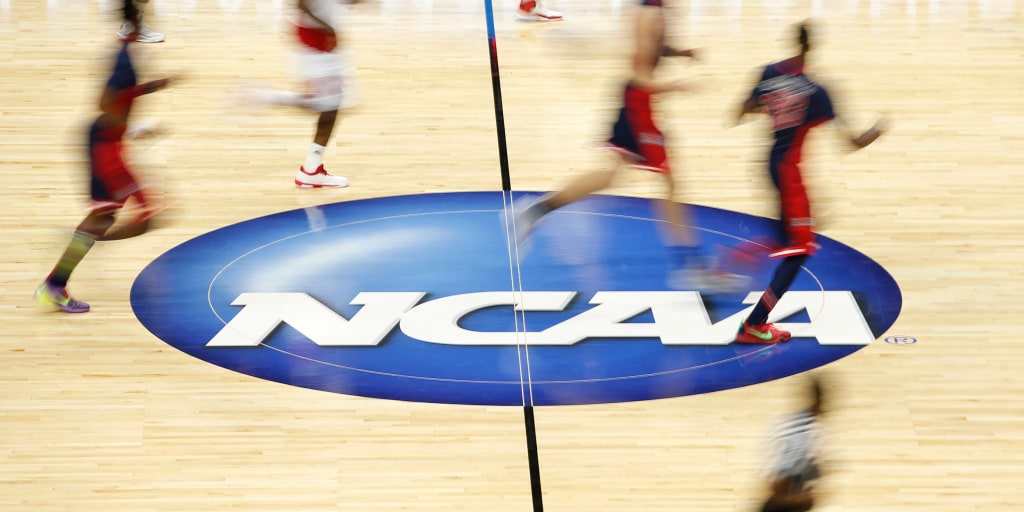Sports Showdown: Gen Z Splits on Transgender Athletes, National Poll Reveals

A recent NBC News Stay Tuned Poll reveals a stark divide in public opinion regarding transgender athletes, with a significant majority of American adults opposing transgender women's participation in female sports teams. While 75% of adults express reservations, younger generations, particularly Gen Z, demonstrate notably more progressive and inclusive attitudes.
The survey highlights a generational shift in perspectives on gender and sports participation. Gen Z stands out as the most supportive demographic, suggesting a growing acceptance and understanding of transgender athletes' rights and identities. This emerging viewpoint challenges traditional sports categorizations and reflects broader societal conversations about gender equality and inclusion.
As the debate continues, the poll underscores the complex and evolving landscape of gender representation in competitive sports, with younger generations leading the charge toward more nuanced and empathetic perspectives.
